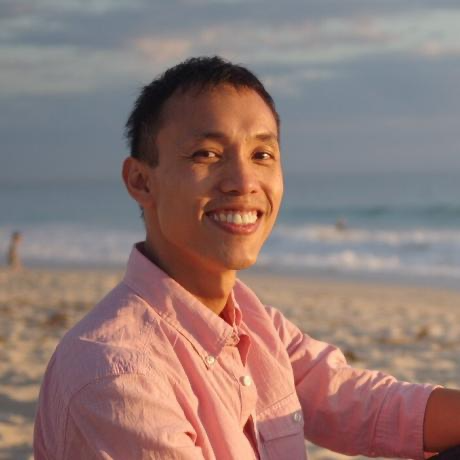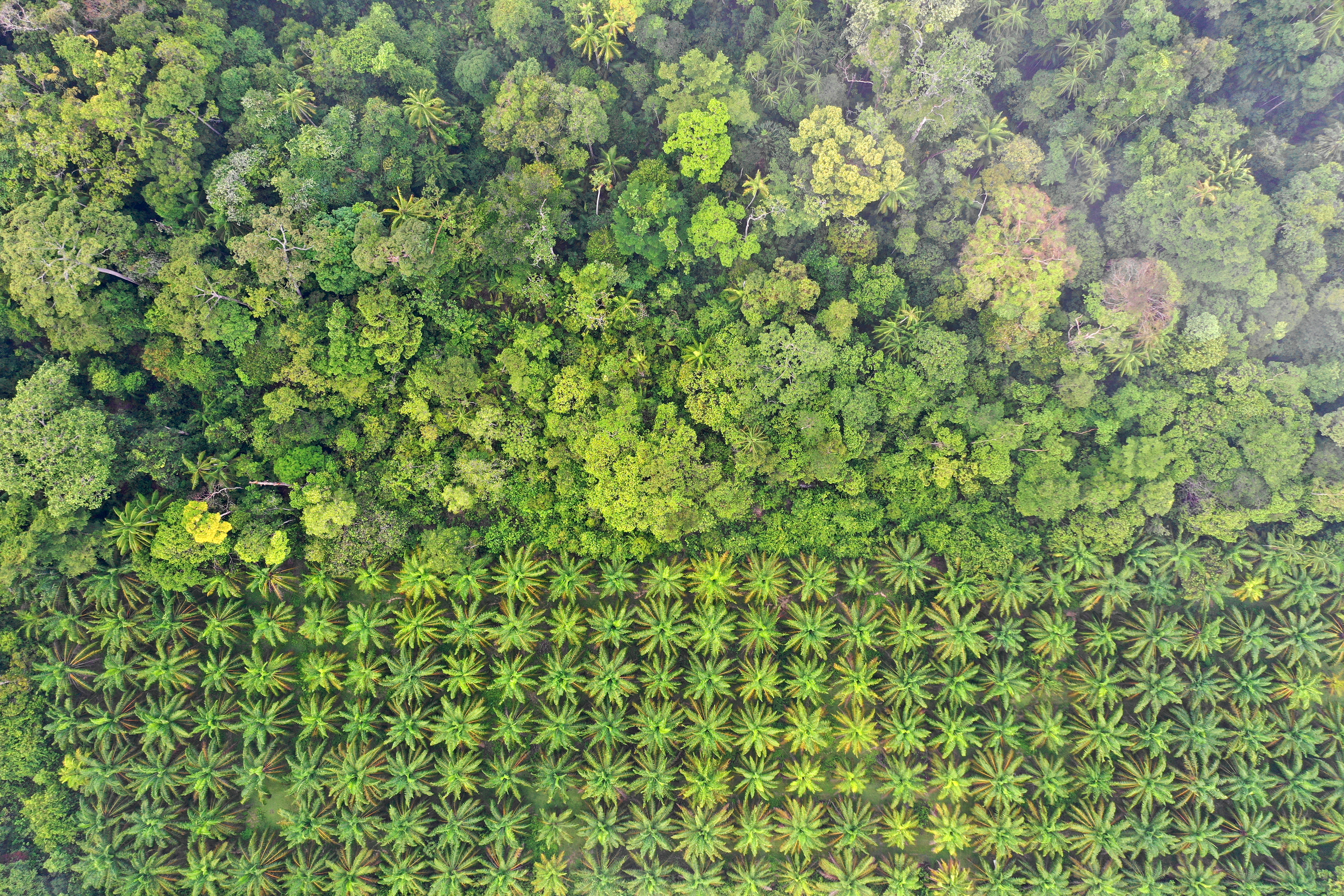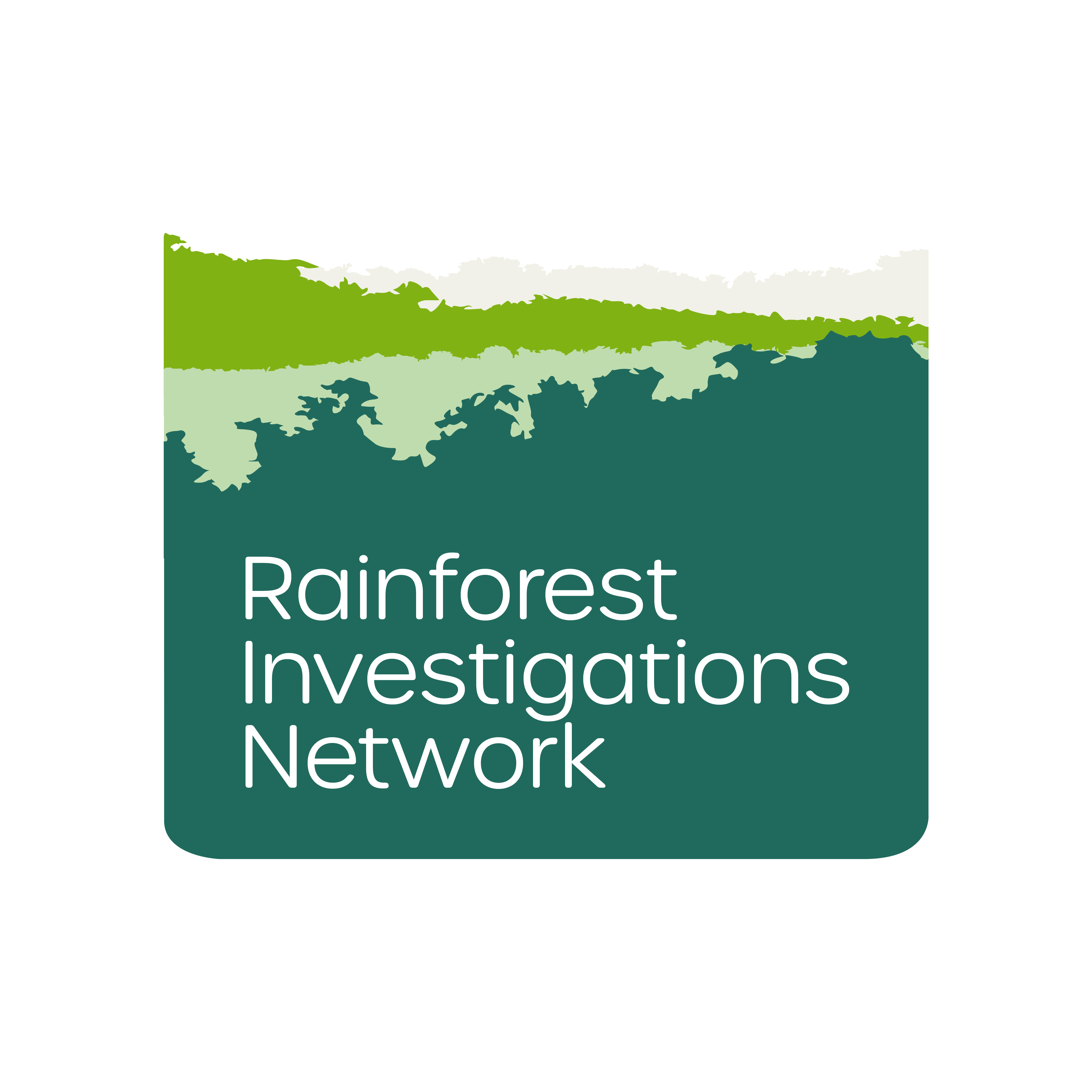A few days after Malaysian journalist Yao-Hua Law published “Deforestation Adds to Decades of Indigenous Land Rights Struggle in Malaysia,” the Orang Asli Indigenous community at the center of the story took action to stop the logging of their land.
Law, a Rainforest Investigations Network (RIN) Fellow and co-founder of environmental news website Macaranga, investigates forest plantations and the encroachment by companies on areas where Indigenous communities live.
Through an environmental impact report leaked to him, Law found that oil company YP Olio Sdn Bhd had gotten signatures from members of an Orang Asli village to deforest their land, something the local communities had been fighting against for years.
When Law asked the Orang Asli, a traditional Indigenous people who have been inhabiting Peninsular Malaysia for centuries, about how the documents showed their consent for the logging, they were shocked.
Unable to read the documents they had signed, the Orang Asli believed the company and accompanying government representatives who told them signing the papers was about receiving houses for their village.
Law's reporting also revealed the political connections of the company: One of the owners is a nephew of the king.
After the story was published in English by the Southeast Asia Globe, and later translated into Malay and Chinese, the villagers decided to set up a wooden barrier to block the entry to their land and filed a police report against YP Olio for misusing their signatures.
Shortly after the publication, an NGO and a lawyer contacted the villagers through Law to offer their support in preventing the deforestation of their land.

“The story published by Yao-Hua has all the elements of an excellent environmental investigation: It has revealed the impacts on native forests and at the same time gives a voice to the communities which were most affected by these environmental threats,” said RIN Editor Gustavo Faleiros.
Law had also been looking through his database of state gazettes to see when the area had started being logged. Here too he found irregularities. In line with RIN’s efforts to make data available for other journalists, Law partnered up with the Sinar Project to publish all the state gazettes in an online database last week.
A month after publication, RIN Editorial Coordinator Jelter Meers caught up with Law to talk about the impact his story has had so far.
The following Q&A has been edited for clarity and length.
Jelter Meers: Working on a story about Indigenous land rights, did you have concerns writing about this community as an outsider?
Yao-Hua Law: This was my first time interviewing Orang Asli for a story, so I didn’t know what to expect. My main goal as a reporter was to get their perspectives on the events in their own voices.
I had two main concerns before I contacted the Orang Asli: Could we understand each other, and how could I win their trust? I was a complete stranger parachuting into their lives, asking them to spill it all about what happened between them and the developers. For several years at least, they have had many outsiders going into their villages making various demands and promises. So I thought the Orang Asli had every reason to be cautious.
I was also anxious because I might have only one chance to talk to them, and there were many questions I wanted the answers to.
JM: How did the Orang Asli react to you writing about them and, later, to this story?
YL: Surprisingly, the Orang Asli villagers appeared to trust me right from our first contact. Maybe because I had approached them through two other Orang Asli activists who lived in the same state.
They contacted me when I was accompanying my father at a COVID-19 vaccination center. So I hastily found a quiet corner, sat on the floor, and spoke with them while writing notes in the dim light, sweating beneath my face mask.
To my surprise, it appeared they did not know a thing about how their signatures were used on the consent letters, or that their consent letters were attached as apparent support for a project they have been protesting for two years now.
After the story was published, I had it translated into Malay. One of the Orang Asli who had learned how to read and lived outside the village, Aminah, read my story in Malay and showed it to the villagers. I haven’t spoken to them since the story, but I kept in touch with Aminah. She gave me updates, and the villagers thanked me through her.
JM: Do you feel like the story made a positive impact on their situation?
YL: Yes. I think the story helped the Orang Asli in several ways. First, they learned of the developers’ use of their signatures just in time, namely right before the project application was to be approved or rejected by the federal Department of Environment.
Other Orang Asli activists in the same state obtained the same documents I had only a few weeks later, which would not have given them enough time to protest.
Because of the story, the Orang Asli were certain that the developer had wronged them.
The story also alerted the federal Department of Environment to suspicious elements in the company’s application to log the land. As a result, the Department started an internal investigation and extended its review period to accommodate a thorough investigation. Without their approval, the project cannot start legally.
Some lawyers were prompted by the story to extend pro bono legal service to the Orang Asli. They connected through me, and at least one lawyer has since been helping the Orang Asli prepare a lawsuit to defend their land rights. This Orang Asli community had neither confronted authorities nor engaged lawyers before, so they were grateful to get help.
Aminah told me: “I feel confident when lawyers are willing to have our backs.”
The story also caught the attention of an international media outlet who wants to make a video news feature of the situation. I connected the media’s local journalist with the Orang Asli, and plans are underway for the video.
All in all, my story not only informed the Orang Asli of what’s happening and led them to taking concrete legal interventions, but also alerted various parties who have since reached out to help them.
JM: Can you explain to us what kind of data you were using to find out about this situation and verify what you were told?
YL: I found out about YP Olio's use of the consent letter when I read its environmental impact assessment report of the project. The company submitted that report to the federal Department of Environment as part of the compulsory process required by the Environmental Quality Act in Malaysia. The letter was attached in the appendix of the full report, which wasn't readily available to the public, but I got a copy from a source I cannot name. The report however, is supposed to be public access, but it just wasn't.
Secondly, I used satellite imagery to document when and where forest clearing happened. That was important because I needed evidence to verify the Orang Asli villagers' statement about deforestation on their land. I used Global Forest Watch, Sentinel Hub, and Planet to cross-check and get the best images for my needs.
The third data source were state gazettes — legal announcements of the decisions by the state government. Before I started this story, I was already combing through the gazettes and compiling a database of when and where forest reserves were excised from forest reserves, and thus were no longer protected.
When I started reporting, I checked my database and found that the area was excised in November 2020 but loggers had begun clearing the area as early as July 2019! That really surprised me because it violated the usual protocol. By right, forest reserves cannot be cleared for oil palm but in Malaysia, the state government has the ultimate say in land use matters, so perhaps the process was legal. But it was certainly abnormal.
JM: Why did you decide to make the state gazettes public through an online database?
YL: These state gazettes should be publicly available because they are government announcements. They used to be printed and kept in public libraries, but since 2000 they have been published digitally and kept behind a paywall.
Many newsrooms and NGOs in Malaysia didn't seem to have access to these gazettes. If we have the gazettes, we can fact-check the government's statements and monitor its decisions.








